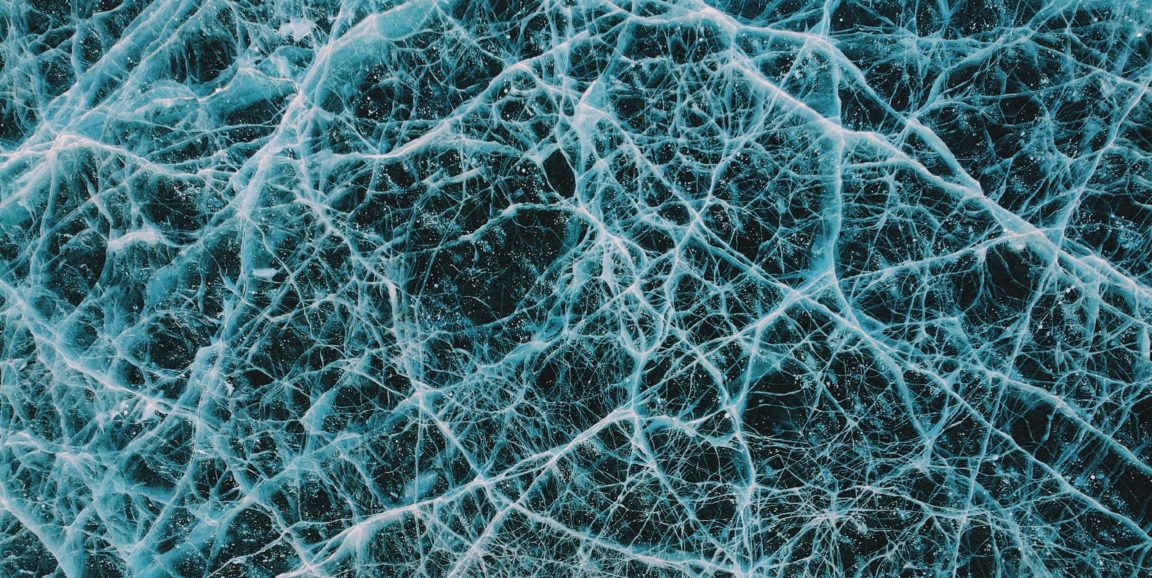After surgery, patients nearly always form adhesions -- bands of scar tissue that stretch between internal organs and surrounding tissues. Adhesions are often harmless, but they can prove fatal if they twist or compress the intestines, causing a blockage. They can also cause complications for cardiac re-operations, common among children born with heart defects.
Cardiac adhesions were frustrating bioengineering graduate student Lyndsay Stapleton, who was working on an injectable therapy to reduce tissue damage after heart attacks. One of her advisers, Eric Appel, PhD, an assistant professor of materials science and engineering, suggested she try one of the gels they use in the lab for injecting medication. He recommended that after surgery, she spray it onto the hearts and surrounding tissue of the rats she was working with to see if it reduced the adhesions.
She gave it a shot and, when she opened the rats up a month later, "The ones that I had put gel on were totally adhesion-free," she said in a Stanford Medicine press release. "I thought, 'Oh wow, we could be onto something here.'"
Stapleton, Appel and Joseph Woo, MD, professor and chair of cardiothoracic surgery, designed a study to confirm her discovery. They first formulated four more gels -- specifically, polymer-nanoparticle hydrogels. Then, after performing heart surgery on rats, they randomly assigned them to eight groups: Five received one of the gels, two received adhesion barriers that are commercially available, and one received no treatment.
The gel Stapleton tried first, PNP 1:10, worked better than the other gels, and far better than the commercial adhesion barriers or no treatment. "The difference between what we saw after using the gel and what we normally see after surgery was drastic," Woo said.
Their research appears in Nature Biomedical Engineering.
Appel said that PNP 1:10 appears to have just the right consistency. It's stiff enough to stick to an organ, but not so stiff it detaches -- "a Goldilocks sweet spot," he said. He added that PNP 1:10 is like mayonnaise: thick, but easily spreadable, allowing it to be sprayed onto an organ and, once in place, return to its original strength. PNP 1:10 allows the heart to beat freely, as it's flexible.
The gel is not approved by the FDA, though it is made of FDA-approved components. It appears to be safe: The researchers tested the animals to see if PNP 1:10 caused any abnormalities and found none. Two weeks after it's applied, the gel dissolves and is absorbed by the body.
The researchers plan to test it out in other parts of the body; soon, they hope to conduct human trials.
Photo of ice on Lake Baikal by Philipp Trubchenko




